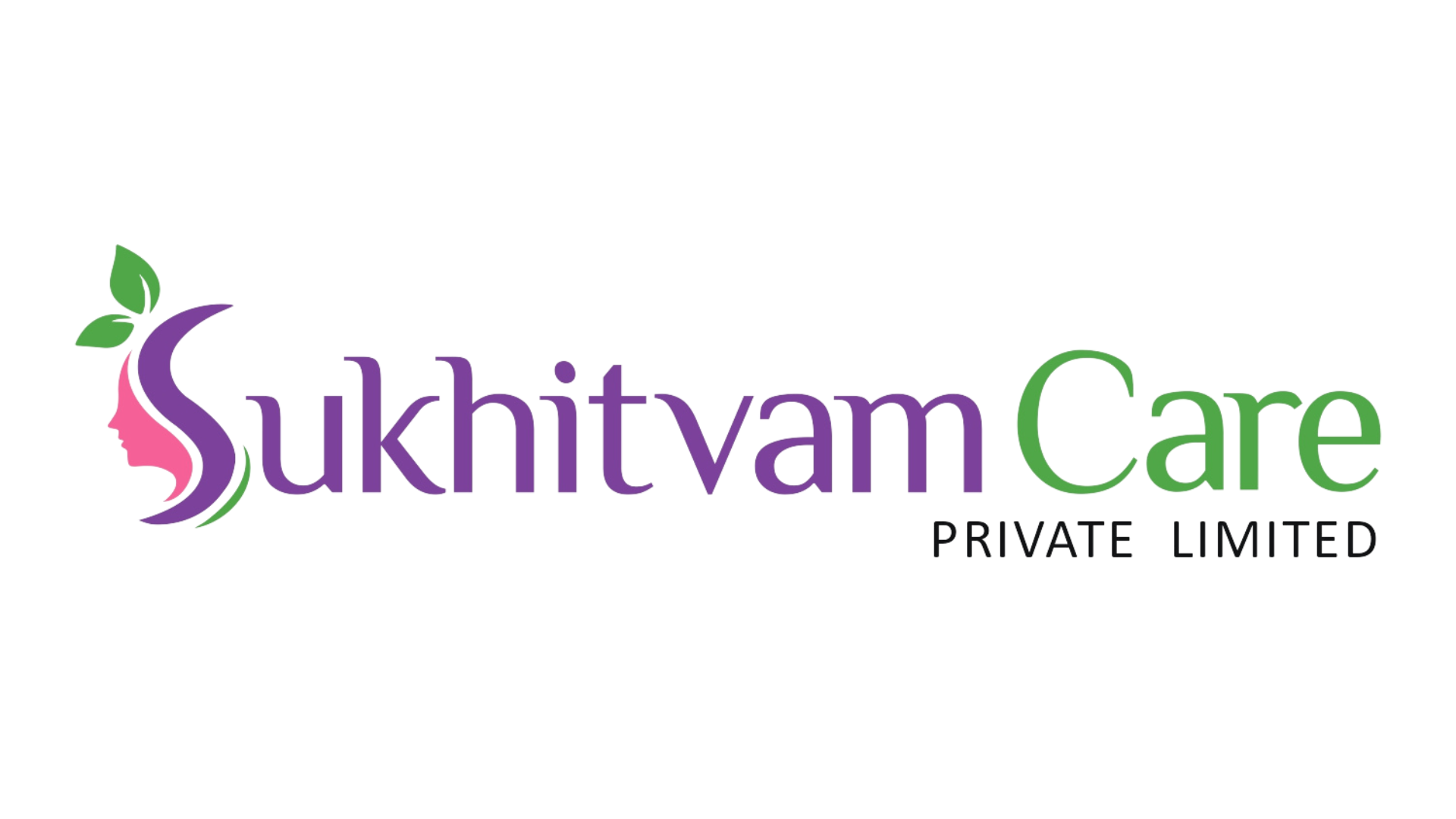
Bone health isn’t often talked about until a problem arises. But for women, especially after the age of 25, it’s something that needs attention much earlier than most realize. After all, your bones are the framework that carry you through life quietly doing their job until they weaken and demand notice.
What is Bone Density and Why Should You Care?
Bone density refers to the strength and thickness of your bones. The denser your bones, the stronger they are. When bone density drops, your risk of fractures, posture issues, and even osteoporosis increases. Think of it as a savings account: the more you deposit early on, the more secure you are in the future.
Why is 25 a Turning Point?
By around 25 to 30 years of age, women reach their peak bone mass the strongest and most solid their bones will ever be. After this age, bone formation slows, and natural bone loss begins. If a woman hasn’t built strong bones by this point, she’s more vulnerable to future bone-related problems, especially post-menopause when estrogen levels drop.
Why Are Women at Greater Risk?
Women are biologically more prone to bone loss due to:
- Hormonal shifts (especially during and after menopause)
- Pregnancy and breastfeeding, which pull calcium from bones
- Naturally smaller bone frames compared to men
- Dieting trends or low-calcium intake
Lack of weight-bearing physical activity
Final Thought
Bone health isn’t something to worry about “later.” It starts now. By the time symptoms show, it’s often too late to reverse the damage. If you’re a woman in your mid-20s or beyond, now is the time to act. Build strength from within—so you don’t feel weak when life gets heavier.
Frequently Asked Questions (Q&A)
Q1: Do bones really start getting weaker after 25?
Yes. Your bones stop growing in strength after your mid-20s. Without good nutrition and physical activity, your body begins to lose more bone than it forms.
Q2: What happens if I ignore bone health now?
You may not feel it now, but neglecting bone health increases your chances of fractures, chronic pain, and conditions like osteoporosis in your 40s and 50s. Prevention is always easier than treatment.
Q3: What simple things can I do to protect my bones?
- Eat more calcium-rich foods (milk, curd, leafy greens)
- Get sunlight for Vitamin D
- Do strength training exercises like squats, walking, or yoga
- Avoid excessive caffeine, soft drinks, and smoking
Q4: Should I take supplements?
If your diet lacks calcium or Vitamin D, or your lifestyle limits sun exposure, supplements can help. It’s best to consult a doctor to assess your needs.Q5: Is bone health related to periods or pregnancy?
Absolutely. Irregular periods, PCOS, and multiple pregnancies can all impact hormone levels and bone health. During pregnancy, your baby’s calcium needs may draw directly from your bones if your intake is low.

